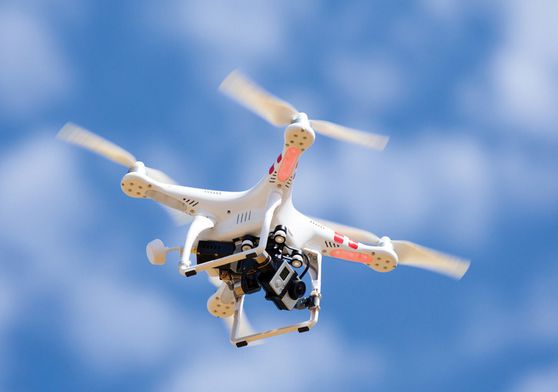The advent of drone strikes has transformed modern warfare and counterterrorism strategies, impacting global security significantly. Initially emerging as a technological marvel, drones have now become indispensable tools in military operations across the globe. Understanding the implications of these unmanned aerial vehicles in conflict zones is crucial.
In recent years, the use of drone strikes has escalated, with various nations deploying these stealthy machines to target insurgents, terrorists, and other threats. The capabilities of drones to perform precision strikes while minimizing collateral damage represent a paradigm shift from traditional warfare tactics. Indeed, this evolution raises essential questions about ethics and legality.
- Drone strikes have reduced the need for ground troops, allowing countries to engage in military objectives without risking soldier lives.
- They offer real-time intelligence and surveillance, essential components for effective military strategy.
Despite their advantages, drone strikes also bring potential risks. The psychological impact of remote warfare often disconnects military personnel from the realities of war, potentially leading to desensitization regarding violence and casualties. Additionally, the sovereignty concerns of nations targeted by these strikes cannot be ignored. The implications of violating territorial integrity often lead to diplomatic tensions.
Furthermore, the question of accountability looms large; civilian casualties resulting from drone operations are a contentious issue. These incidents fuel anti-Western sentiment and potentially recruit efforts among extremist groups, challenging the efficacy of drones in fostering long-term peace.

Legal and Ethical Dimensions
The legal framework governing drone strikes is complex, with international laws often lagging behind technological advancements. Nations employing drones in combat must navigate a web of treaties and conventions that dictate the permissible scope of operations. Ethical considerations also complicate the narrative. Commanders must weigh the benefits of surgical strikes against the moral cost of civilian loss and the psychological burden on operators.

The debate over the morality of using drones in combat emphasizes the need for robust oversight and transparency.
Recent Developments
A notable shift in strategy is observed as countries fine-tune their drone technology to enhance precision and reduce unintended casualties. Technological upgrades, such as AI-enhanced targeting systems, play a vital role in refining these operations. As international pressure mounts for accountability, governments are increasingly transparent about their drone programs, promising to adhere to stricter ethical standards.
The future of drone strikes remains uncertain, yet they undeniably alter the landscape of modern warfare. A comprehensive approach towards regulation and ethical deployment is necessary to harness their potential benefits without exacerbating conflict.
FAQs on Drone Strikes
What are the primary benefits of drone strikes?
Drones enable precise targeting, reducing risks to military personnel and minimizing collateral damage.
What challenges do drone strikes pose on international relations?
Drone operations can infringe on national sovereignty, leading to strained diplomatic relations.
Are there ongoing efforts to regulate drone strikes?
Yes, there is a growing demand for international guidelines and ethical standards to govern their use, ensuring accountability and minimizing civilian harm.
In conclusion, while drone strikes offer significant strategic advantages, they also raise ethical, legal, and diplomatic questions.